How to Know If You Have ADHD (And Whether You Should Get Tested)
Are you always late, fidgety, and have trouble staying still? Are you impulsive and can't seem to stop talking in social settings? It could just be your personality type or point to a common brain disorder known as Attention-Deficit Hyperactivity Disorder.


Back
7 mins read
Have you always been compulsively late to almost everything, including important appointments? Do you constantly miss deadlines at your workplace or in school? Are you excessively fidgety when you have to wait in line or feel restless in traffic?
While these habits seem like classic signs of attention-deficit hyperactivity disorder (ADHD), it doesn't necessarily confirm that you've got it. Only an ADHD assessment and a medical doctor can tell you for sure.
Unfortunately, ADHD is one of the most misdiagnosed conditions, especially in adults.
And sadly, adults with ADHD (and children) are often labeled as impatient, unmotivated, and lacking in social skills. Those who are undiagnosed or have untreated ADHD frequently have mental health issues such as loneliness, social anxiety, and depression that lower their quality of life.
If you are someone who has wondered, “Do I have ADHD?” taking an ADHD test for adults can help you assess your strengths and weaknesses.
An ADHD test is the first step toward diagnosis. It provides a framework for a medical doctor to proceed with the next steps needed to manage the condition.
In this article, we will delve into various facets of ADHD to help you understand the disorder, demystify the myths around it and hopefully help you take the necessary measures to thrive despite the condition.
NOTE: This article is geared toward adults with undiagnosed and untreated ADHD who are starting their journey toward getting an accurate diagnosis. If you are looking for information about ADHD in children, this handout from the World Health Organization can get you started.
What Is ADHD?
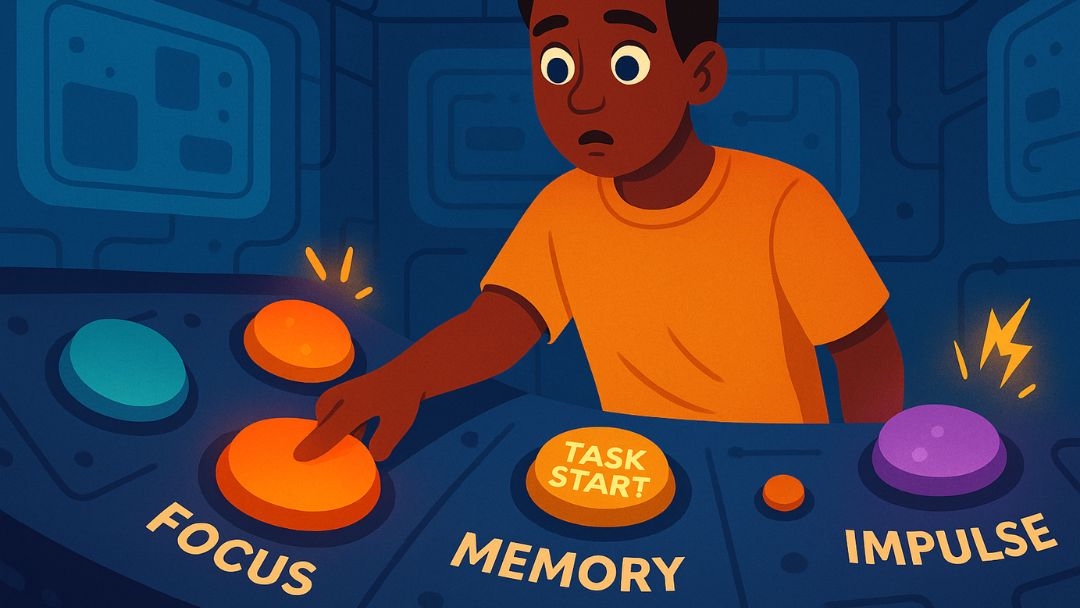
ADHD is a common brain disorder that often manifests as an inability to focus for long (inattention), restlessness and excessive movement (hyperactivity), and acting on the moment without much thought (impulsiveness).
Statistics show that over 8 million adults in the US (around 5%) have ADHD — most don't even know they have it.
When you have adult ADHD, you'll notice that your mind doesn't function in a typical way. The condition is often linked to an impaired executive function of the brain that controls the “what, where, why, and how” we do things.
As an adult with ADHD, you'll appear disorganized, distracted, or often moody. Stereotypical signs of ADHD start during childhood but often continue into adulthood if not correctly diagnosed and managed.
What It’s Not – Some Myths about ADHD
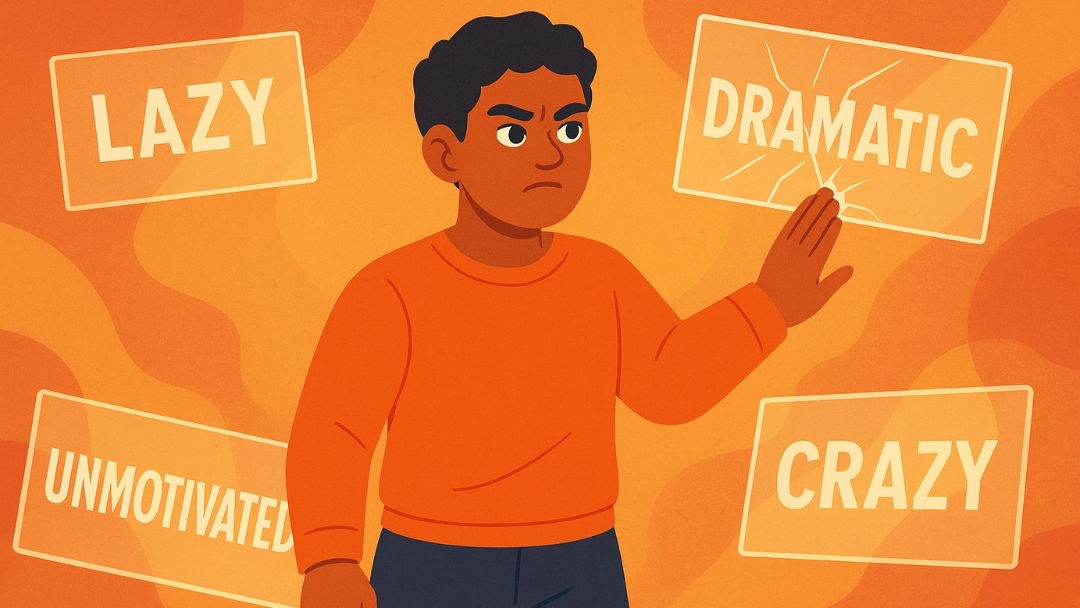
Sadly, people with ADHD are often given toxic labels. For example, women with ADHD are called drama queens, crazy, chronically depressed, irrational, and the list goes on.
The most common myth associated with ADHD is that you intentionally misbehave — that you have the power to control your behavior but choose not to. However, it's not true that you willingly seek to make a situation more difficult or manipulate others to a certain level.
Another common myth is the association between ADHD and low intelligence. Since ADHD is often more evident in children, it's usually misdiagnosed as a learning disability and not adequately treated. As a result, these students become demoralized and somehow give up, thinking they aren't intelligent.
However, despite impaired brain function and memory issues, most people with ADHD have a high IQ.
Related: Worst Jobs for People with ADHD: Careers That Don’t Play to Their Strengths
Types of ADHD in Adults
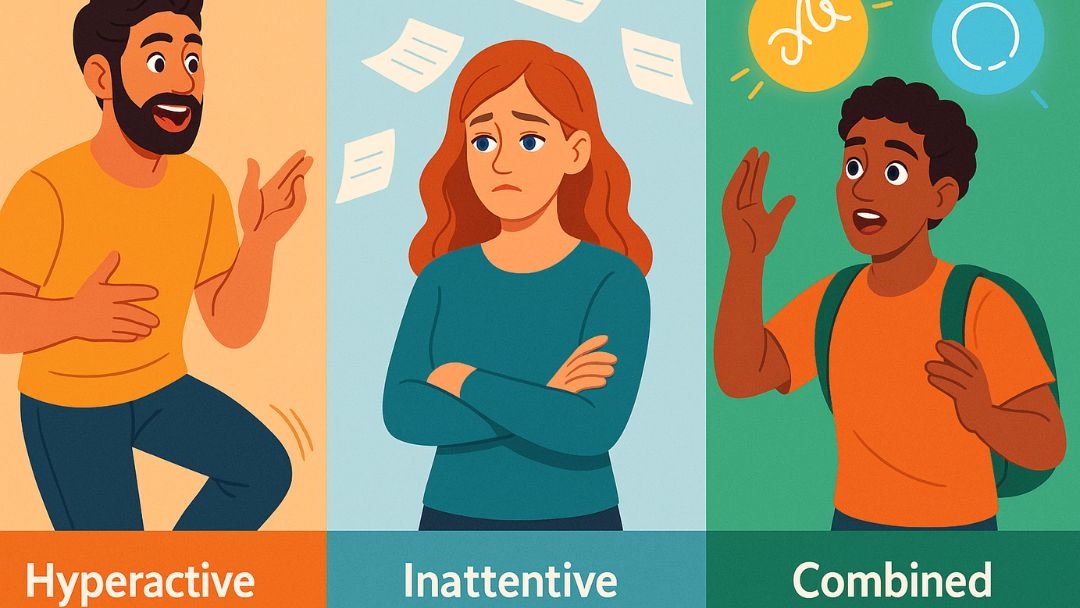
Physicians have categorized ADHD into three types based on behavioral symptoms, varying from mild to severe. Adult ADHD may present itself in one of the following ways:
Hyperactive and Impulsive
With this type of ADHD, you'll often struggle to remain still or seated for a long time. You'll start to fidget, and most people think you're anxious. In children, they may run around excessively, while in adults, a person may always talk non-stop or blurt out answers since they seem to lack self-control. Its signs are easily recognizable and are often manifested in men.
Inattentive (formerly known as ADD)
If you have inattentive ADHD, you'll often be seen as careless since you'll experience difficulty in paying attention or staying organized. Your memory will be pretty poor, which may make you lose things often. It's common in women and girls.
Combined
To be diagnosed with the combined type of ADHD, physicians will check if you have a combination of symptoms from the above two types.
Do I have ADHD, or Am I Just lazy?
It's common to confuse laziness with ADHD. Since people with ADHD have difficulty completing tasks or usually can't track time properly, it's often misjudged as laziness. But how can a hyperactive person be lazy? With ADHD, the problem lies in the inability to focus. With laziness, you are rarely stimulated, even in high-adrenaline situations.
When struggling with ADHD, you'll often experience moments of low motivation. A diagnosis will help you understand whether you've got ADHD.
How To Know If You Have ADHD: Symptoms of ADHD in Adults
Now that we've agreed that adult ADHD is not the same as laziness, you might have noticed something off with your behavior. There are specific symptoms often manifested by people with ADHD.
The symptoms vary depending on the type of ADHD that you have. Some of the common daily symptoms in an adult with ADHD include:
- Impulsive reactions
- Restlessness and difficulty unwinding
- Trouble following a long conversation
- Short attention span
- Difficulty concentrating
- Often seeming distracted
- Lack of follow-through
- Careless mistakes
- Disorganization
- Impatience and difficulty waiting
- Trouble with memory and forgetfulness
You May Also Like: ADHD Help for Adults—How to Manage ADHD Symptoms
Why Do I Have ADHD? Causes of ADHD

Research on what exactly causes ADHD has been ongoing for years. Scientists seem divided on whether biological, cultural, or environmental factors cause ADHD. However, most researchers seem to lean on the biological aspect of ADHD, where specific genes seem predisposed to the disorder.
But does that mean ADHD is hereditary?
While no direct evidence on the hereditary aspect of ADHD has been found yet (research is ongoing), the disorder seems to run in families. You may discover identical twins who share the trait or a father with ADHD passing it down to one of his children.
That said, we can't ignore that our fast-paced modern world could contribute to some of these disorders, including ADHD. Some work environments are full of pressure, which sometimes may be too much for the brain to keep up with, which could aggravate ADHD.
Types of ADHD Tests for Adults
You can test for adult Attention Deficit Hyperactivity Disorder in various ways. They include:
Self-Assessment Tests for ADHD
If you suspect you have ADHD-like symptoms, taking a self-assessment ADHD test online is a quick and easy way to gauge where you are. These tests are designed to identify the most common symptoms of ADHD. The test has questions to rate the severity of the symptoms that you could be experiencing.
Based on the information received after the assessment, you can decide whether to take it further with a clinician for a medical evaluation. Please note that these tests aren't designed to diagnose ADHD — only a healthcare provider can do that.
ADHD Quizzes
You can also attempt an online ADHD quiz where you'll answer questions based on particular symptoms. You'll find that some of these quizzes are gender-specific, especially ADHD quizzes for women, since they usually manifest quite different symptoms than other genders.
Clinical Interviews
Done by a qualified mental health professional, clinical ADHD interviews are a crucial diagnostic tool. The doctors use an ADHD rating scale, such as the Conners rating scale for adults, to help diagnose ADHD. You may be required to visit the clinic several times before a proper diagnosis is made.
What Are the Benefits of Taking an Online ADHD Test?
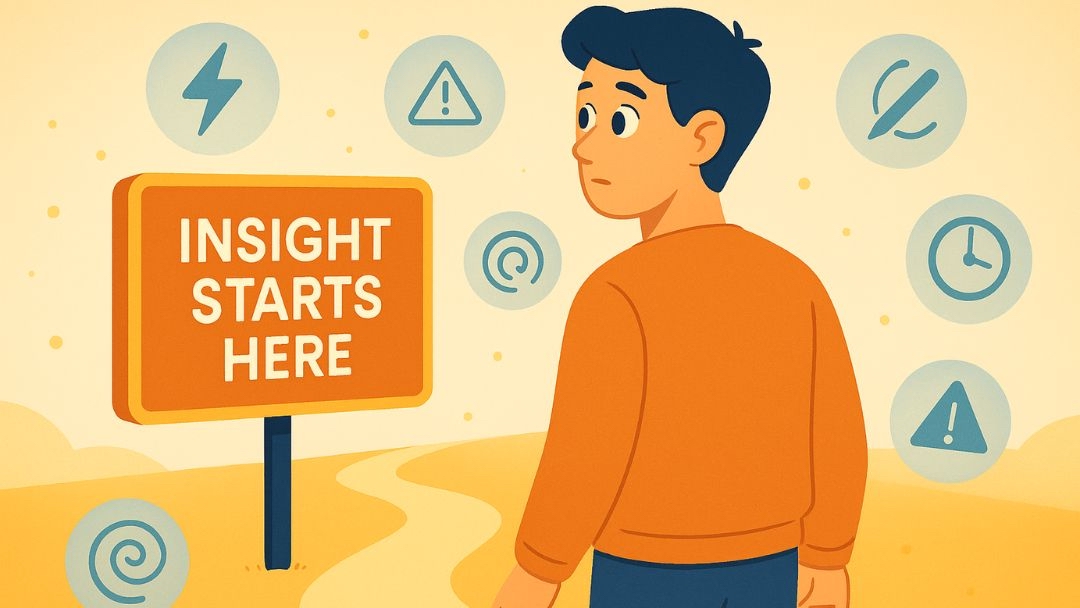
The symptoms of ADHD are diverse, and you may struggle to figure out exactly what's triggering your behavior. While a quick ADHD test may not provide a complete diagnosis, taking it before heading for a formal consultation with a doctor may have several benefits.
The benefits of taking an at-home ADHD test include the following:
Good Starting Point
Online ADHD tests and quizzes are a convenient initial tool for diagnosing ADHD. You may have lots of questions regarding why you act differently from others. By taking a self-assessment test, you will gain a better insight based on various symptoms you may have—including their severity and how long you have had them.
If the signs of ADHD are relatively new, it could be that you are experiencing anxiety, going through an extended period of stress, or living in an environment that could trigger symptoms that resemble ADHD. In this situation, taking an ADHD quiz or burnout assessment can help identify issues and stress problems before they take a toll on your mental health and physical well-being.
Quick and Easy
Unlike clinical tests that may require a series of visits before a diagnosis, an online ADHD test for adults is quick and easy. Most of the tests are developed by qualified experts in mental health and provide a convenient evaluation of your symptoms in the comfort of your home.
The World Health Organization offers a quick, free Adult ADHD Self-Report Scale to get you started. It's a short assessment that has been found to be valid as an initial screening tool for ADHD in adults. You can access it for free here.
Extra Tasks
Some online ADHD tests go beyond the questions that only look at the signs you may be manifesting. You'll find online tests for ADHD with structured exercises that also look at your neuropsychological skills, such as problem-solving, processing speed, and personality traits. Wouldn’t you love to take such an eye-opening test?
Next Steps After Taking an ADHD Test at Home
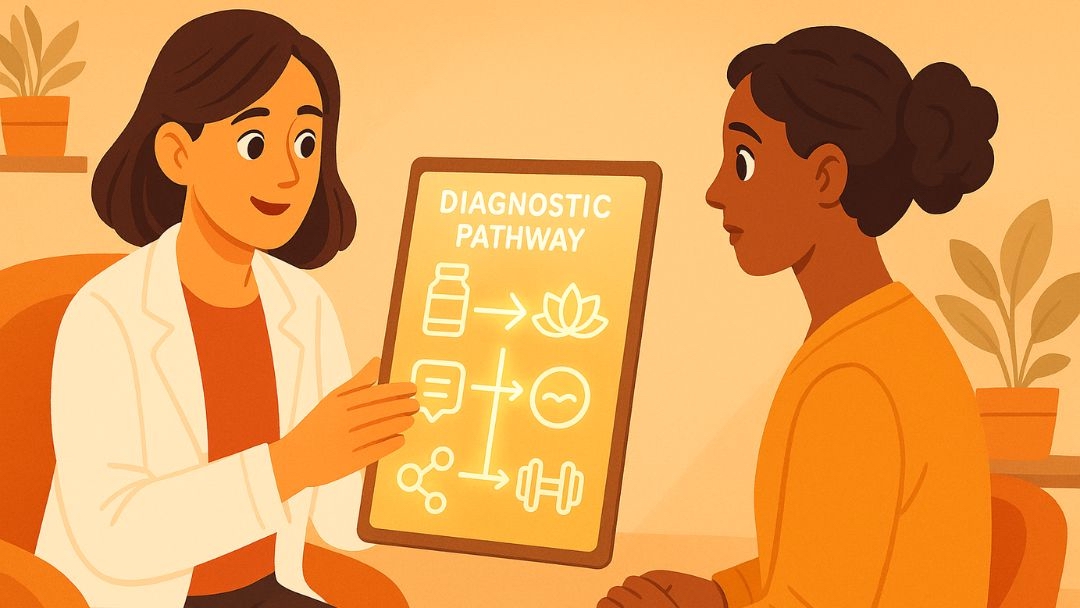
Once you take an ADHD test online, you'll receive a score. Based on this score, you'll determine whether to visit a health professional for a proper diagnosis, which will help you get the support you need. The doctor will conduct a full assessment and provide a diagnosis based on an adult ADHD diagnostic rating scale. The doctor will then advise on the best treatment to help manage the disorder.
Some treatment options for ADHD include medication, mindfulness and meditation, behavioral therapy, grounding techniques, and skills training.
If the Adult Attention Deficit Hyperactivity Disorder test score points towards low chances of having the disorder, you may need to do further research on what could be triggering your behavior.
You can take an online personality test to help you understand certain traits that contribute to your outlook on life and your mental health. You can also talk it out with a counselor who will help you put things into perspective and advise on better ways to cope with life.
We understand the struggles of an ADHD brain and the socio-cultural impacts of having the disorder.
However, regardless of your age, gender, and lifestyle, there's light at the end of the ADHD tunnel.


Return to Blog




